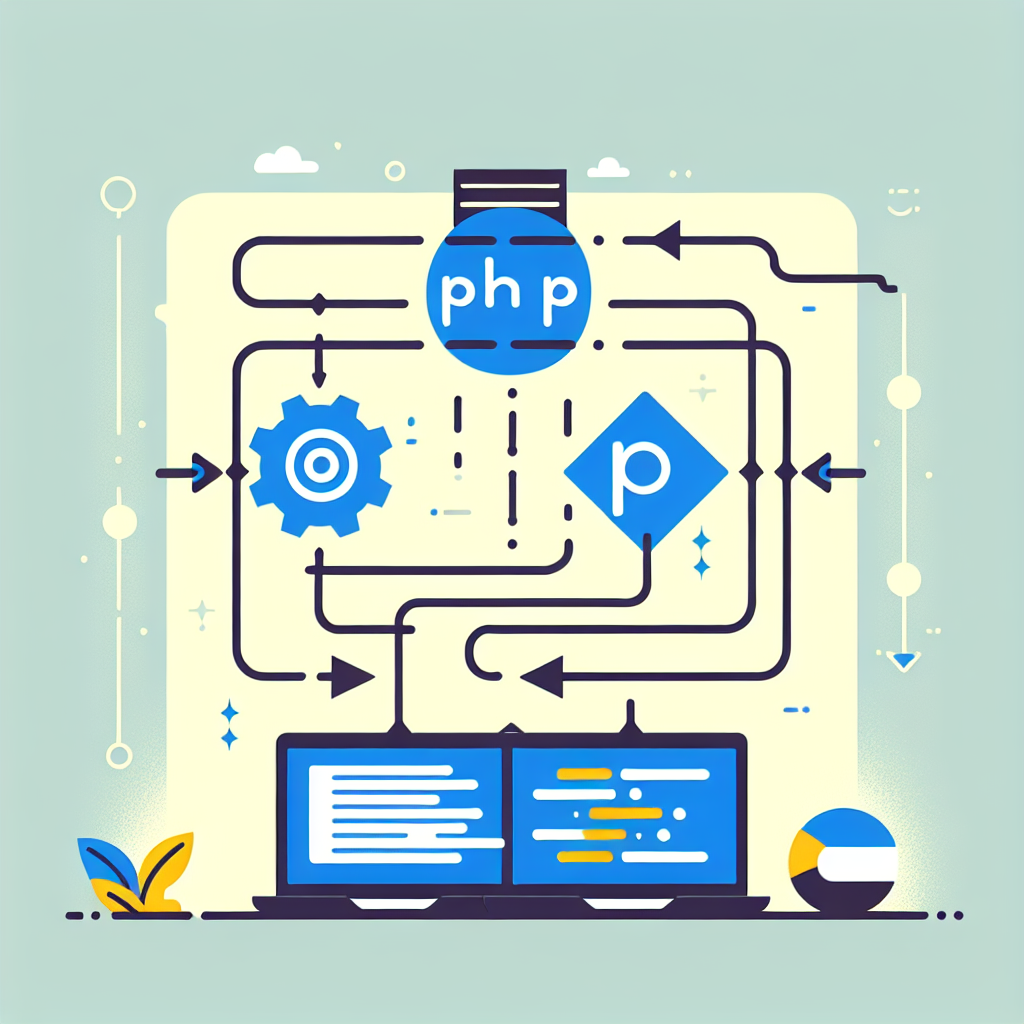Convert PHP to C Effortlessly | Free Online Tool
Effortlessly convert PHP code to C with our powerful tool. Boost performance and streamline development. Try it now for fast, accurate conversions!
Source Code
Converted Code
Output will appear here...
PHP to C Converter is a powerful tool designed to seamlessly transform PHP code into efficient C language, enhancing performance and scalability. Ideal for developers looking to optimize server-side applications, this converter ensures faster execution and reduced resource consumption. Boost your programming efficiency and streamline code migration with this essential tool for language conversion.

PHP to C Code Conversion Tool Link to this section #
Transforming PHP code into C language can be a complex task due to the inherent differences between the two languages. The PHP to C Code Conversion Tool simplifies this process, enabling developers to efficiently translate PHP scripts into C language, enhancing performance and enabling the creation of standalone applications.
Key Features Link to this section #
- Accuracy: Ensures precise conversion of PHP syntax to C, preserving functionality.
- Efficiency: Saves time by automating the conversion process, allowing developers to focus on optimizing the code.
- Flexibility: Compatible with various PHP frameworks and extensions.
- Optimization: Allows for performance tuning and resource management inherent in C programming.
Benefits Link to this section #
- Performance Enhancement: C code typically runs faster and is more efficient than PHP, especially for resource-intensive applications.
- Standalone Applications: Convert PHP scripts into C to create standalone executables that do not rely on a web server.
- Cross-Platform Compatibility: Use the converted C code to develop applications for different operating systems.
How It Works Link to this section #
- Input PHP Code: Paste your PHP code into the tool.
- Analyze: The tool analyzes the PHP syntax and constructs an equivalent C code structure.
- Output C Code: Receive the converted C code, ready for compilation and execution.
Example Link to this section #
// PHP Code
function add($a, $b) {
return $a + $b;
}
// Converted C Code
#include <stdio.h>
int add(int a, int b) {
return a + b;
}
Additional Resources Link to this section #
- Learn more about PHP to C conversion.
- Explore C programming basics.
For developers seeking to optimize their applications and leverage the power of C, this tool provides a seamless transition from PHP, ensuring code integrity and enhancing performance.
Frequently Asked Questions
What are the main differences between PHP and C?
PHP is a server-side scripting language primarily used for web development, while C is a general-purpose programming language commonly used for system programming. PHP is interpreted, whereas C is compiled, offering more control over hardware and better performance.
Can PHP code be directly converted to C?
Direct conversion of PHP code to C is not straightforward due to fundamental differences in language design and usage. While there are tools that can translate some PHP constructs to C, a complete conversion typically requires manual rewriting and understanding of both languages.
Why would someone want to convert PHP code to C?
Converting PHP code to C might be beneficial for performance optimization, especially in scenarios where execution speed and resource efficiency are critical. Additionally, C can offer more control over system resources and is often used when developing embedded systems or standalone applications.